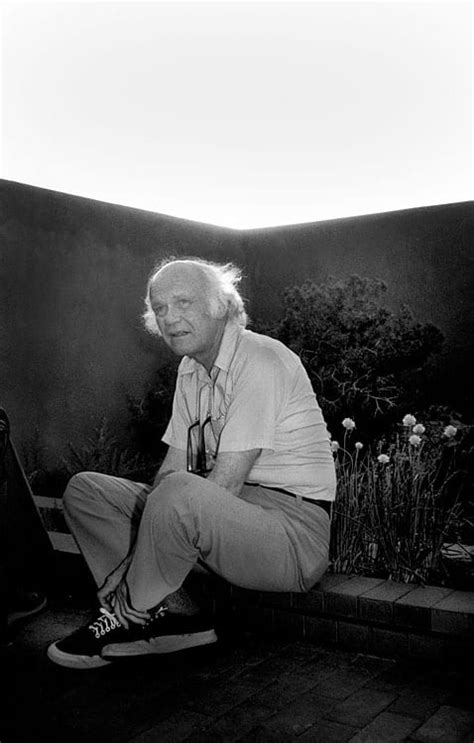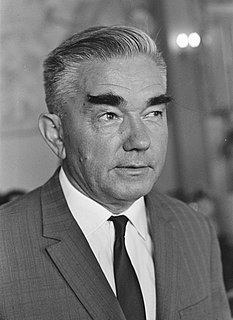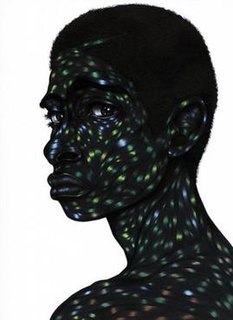A Quote by Maya Lin
The definition of a modern approach to war is the acknowledgement of individual lives lost.
Quote Topics
Related Quotes
We're all born listeners. And as a result of our modern lives, and living in a world that has less meaning than the natural world that we evolved to hear, we learn to think of listening not as taking in all the information with equal value, which is the definition of true listening. In our modern world, we tend to think of listening as focusing our attention on what is important and filtering out everything else.
Where some may see flat, static narratives, I see a spectrum of tonal gradations and realities. What I am creating is literally black portraiture with ballpoint pen ink. I'm looking for that in-between state in an individual where the overarching definition is lost. Skin as geography is the terrain I expand by emphasizing the specificity of blackness, where an individual’s subjectivity, various realities and experiences can be drawn onto the diverse topography of the epidermis. From there, the possibilities of portraying a fully-fledged person are endless.








































